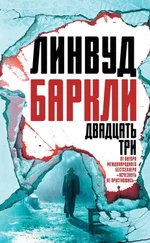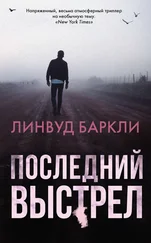“They seem like very different crimes,” observed a detective at the back of the room.
“True,” said Washington. “And they may very well have been executed by different individuals or groups with no connection to each other. But I want those following the taxi bombing and those on the elevator incidents comparing notes, in case there are links.”
“Yeah,” said Delgado. “A bomb left in a car is pretty low-tech compared to the elevator stuff. One requires a tremendous amount of planning, the other, not so much. Who we looking at?”
Washington went to a laptop set up at the front of the room. The screen on the wall lit up with photos of a bombed coffee shop.
Cartland said, “The list of groups that might want to set off a bomb in New York is long. We’ve had a few ISIS and ISIS-inspired events in recent years. But also on our radar are people identifying with the Flyovers movement. They’re believed to be behind this bombing in Portland, Oregon. These Flyover types are taking credit for similar events in coastal cities in recent weeks and have, indeed, claimed responsibility on Twitter for the taxi explosion, although we’ve not been able to confirm the claim’s legitimacy. Agent Darrell, from the FBI, can speak to this.”
A short black woman with closely cropped black hair moved forward. “Hi. Diane Darrell. This taxi bombing does have some of the earmarks of other acts that adherents of the Flyovers have said they perpetrated. What’s interesting is that the man who leads the activist group — who has, at least publicly, disavowed all acts of violence — is currently in New York, supposedly on a pleasure trip with his wife. Do we have that shot of Clement?”
A new picture came up on the screen of Eugene Clement and a woman crossing a New York street.
“This was just after he did a TV interview. We’ve been keeping an eye on him.”
Delgado leaned in close to her partner and whispered, “Could that be our guy?” When Bourque gave her a puzzled look, she added, “Standing by the car. Talking to Otto? In the picture?”
Bourque gave a noncommittal shrug.
Darrell was still talking. “Is it just a coincidence that he’s here in New York when that taxi thing goes down, and the Flyovers say it was their doing? I don’t know about the rest of you, but I’ve never been a big believer in coincidences.”
Diane Darrell cracked open a bottled water and took a sip.
“A straightforward bombing is easy enough to understand. You’re a group with a message, and the easiest way to get it across is blow something up. Or get behind the wheel of a truck and mow some people down. All in the name of Allah. Or, perhaps in this case, to express contempt for left-wing ideology. It may not make sense in our minds to make a statement by murdering innocents, but we’ve come to understand the profile.”
She paused.
“The elevator thing is trickier. What’s the message? What’s the statement someone’s trying to make? So far, no one’s claimed responsibility. We’re looking for a motive here, and so far it’s elusive.” She looked at Cartland. “Unless you’d like to share your theory.”
Cartland made a tiny shake of the head.
“Okay, then,” Darrell said. She looked to the chief. “What about this homicide your people have been working?”
Washington nodded and scanned the room. “Where are Bourque and Delgado?”
Delgado raised a hand as Bourque said, “Here.”
Washington said, “Fill us in.”
Delgado told them about finding the body of Otto Petrenko on the High Line more than forty-eight hours earlier. “An elevator technician.”
A murmuring went through the room.
“Fingertips cut off, face beaten beyond recognition. To slow us down on an ID, in case he was in the system. Which he was, for a minor event a few years ago.”
“Where are you on this?” the chief asked.
Bourque weighed in this time. “Workin’ it. His boss says he didn’t service any of the buildings where elevators were sabotaged. But he might have been doing something on the side. But a couple of curious things. Petrenko had been in touch with relatives — those living outside the city — to warn them to be on guard. Told his sister, living in Vegas, that she should think about getting a gun.”
“Why the paranoia?” Cartland asked.
“Don’t know,” Bourque said. “Couple of other things. He’d expressed views that sounded sympathetic to the Flyovers, according to his wife. But I don’t have anything to suggest it went beyond that. We’ve done a check of his computer. No communications that stuck out.”
“But there was someone he’d met with a couple of times,” Delgado said. “Came to his place of employment. Nobody Petrenko works with has any idea who this guy was. We’re trying to get a lead on him.”
Cartland, who looked as though he’d been scowling ever since Delgado started talking, said, “Petrenko?”
The homicide detectives nodded.
“Is that a Russian name?” Cartland asked.
Bourque said, “His wife said he was born there, and his parents escaped to Finland shortly after he was born, then moved to America when he was four. Been in the U.S. ever since.”
“So far as we know,” Cartland said.
Bourque nodded. “Yeah.”
“So if he ever made any trips back to Russia in his later years, you don’t know that.”
Delgado said, “No, we don’t. We can look into that. Can you tell us why that might be relevant?”
Cartland hesitated. “Agent Darrell, a moment ago, alluded to a theory I have, which I was not particularly eager to share because it’s a bit out there.” A pause. “But I think we’re in a situation where every possibility needs to be explored, no matter how far-fetched it might seem.”
The room waited.
“The sole fatality in yesterday’s incident was Dr. Fanya Petrov, a renowned Russian scientist temporarily attached to Rockefeller University. Her area of expertise had something to do with nonge-netic hereditary characteristics, and not for a second do I understand any part of it. But Dr. Petrov also had considerable background in another area of study, one that made her very valuable, potentially, to the United States. That was pathogens. Bacterial pathogens. She knew a lot about the Russian government’s research into bioterrorism. She did not want to go back to Russia. She wanted to stay here.” He paused. “And we believe the Russians knew that.”
“Jesus,” said Bourque. “Are you saying—”
Cartland held up a hand. He wasn’t finished. “Not long after Dr. Petrov literally lost her head, the Russian ambassador was on the phone to the mayor very quickly. He wanted answers. What I’d like to know is how the ambassador found out about this accident so quickly. I think they knew she didn’t want to go back to Russia. They’d been watching her.”
At this point, Cartland scratched his forehead, then crossed his arms in front of his chest.
“I think the ambassador’s call of outrage to the mayor was a performance. He had to have been pleased by this turn of events. Things couldn’t have worked out better for him than if he’d planned it that way.” He paused. “Then again, maybe he did.”
He glanced down at the laptop, searched briefly for something, then clicked.
On the screen there appeared a photo of a man walking along a New York sidewalk. It was a side shot taken across the street without the subject’s knowledge. He was tall and trim with dark hair, dressed in a black suit.
“This,” Cartland said, “is Dmitri Litvin. A freelancer for SVR, the Russian foreign intelligence service.”
“Just what sort of freelance work does he do?” asked someone in the room.
“Pretty much what anyone needs. Want someone to disappear? Litvin can make it happen. But his skills go beyond assassination. He’s also believed to be a brilliant computer expert.”
Читать дальше
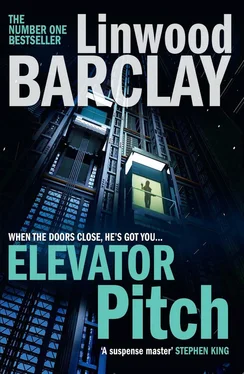
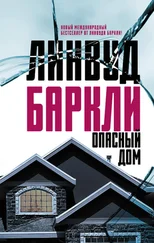
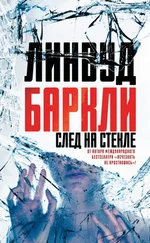
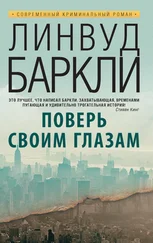
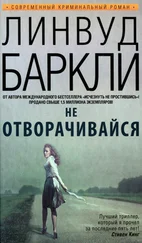
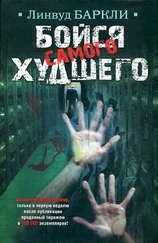
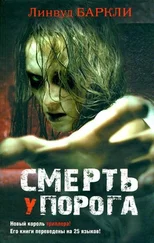
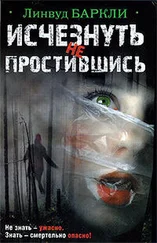
![Линвуд Баркли - Последний выстрел [litres]](/books/412435/linvud-barkli-poslednij-vystrel-litres-thumb.webp)
